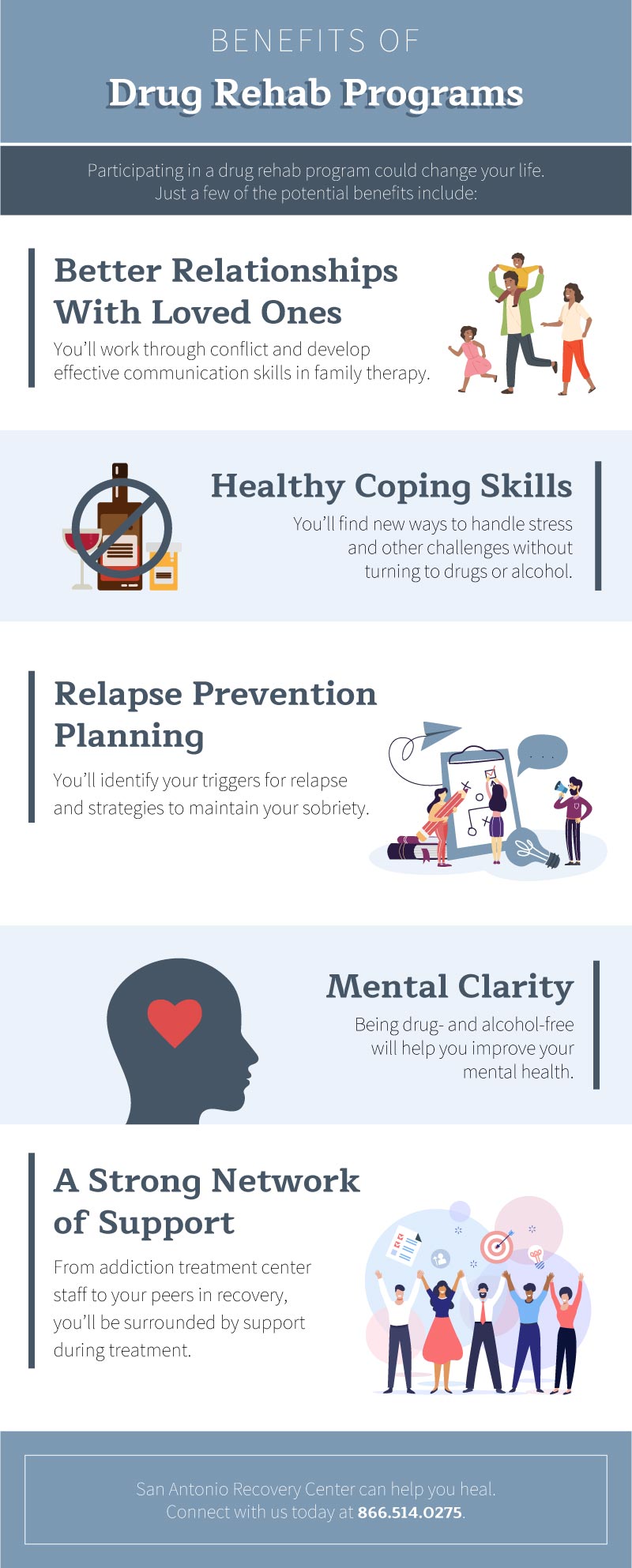Alternative Recuperation at an Extraordinary Addiction Treatment Center
Alternative Recuperation at an Extraordinary Addiction Treatment Center
Blog Article
Browsing the Trip of Detoxification in the Comprehensive Addiction Treatment Program
Beginning on the path of cleansing within the structure of a thorough addiction treatment program is a critical phase in the journey in the direction of recuperation. The procedure of detoxing holds a substantial role in breaking the physical dependence on substances and preparing the individual for the subsequent stages of treatment. Navigating with cleansing is not merely a matter of physical cleansing; it requires a complex interplay of psychological, emotional, and social variables that call for mindful factor to consider and support. As individuals face the obstacles of withdrawal signs and the uncertainties that lie in advance, having a durable support and an organized strategy system in location becomes paramount. In this conversation, we will certainly check out the complex elements of cleansing within the extensive addiction therapy program and clarified the vital elements that shape this transformative trip towards recovery.
Significance of Detoxing in Healing

Detoxing establishes the structure for the remainder of the addiction treatment program by preparing the individual for additional therapy and counseling. By cleaning the body important that have actually been clouding judgment and influencing actions, detoxification makes it possible for people to approach their recovery with a clearer mind and stronger focus.
Moreover, detoxification helps in managing the potentially severe withdrawal signs and symptoms that might emerge when medicine or alcohol usage is quit. Clinical experts carefully check clients during detoxification to guarantee their security and supply required support. With this process, individuals can start their trip towards sobriety with a stabilized psychological and physical state, raising the likelihood of an effective healing.
Understanding the Detox Refine
Detoxing, a basic element of addiction therapy programs, includes a structured process intended at securely getting rid of harmful substances from the body to facilitate an effective recuperation trip. The detox procedure commonly starts with an examination to examine the individual's compound use background, physical health and wellness, and psychological wellness. This assessment aids medical care experts determine one of the most appropriate detoxification plan customized to the person's requirements.
During detoxification, the body experiences withdrawal as it readjusts to the absence of the compound. Withdrawal signs vary relying on the kind of material used, the period of usage, and private factors. Clinical supervision during detoxification is important to take care of withdrawal symptoms and make sure the individual's security and convenience.

Handling Withdrawal Signs

Medicines might be index used to relieve particular withdrawal signs and symptoms and reduce pain. Medications like methadone or buprenorphine can assist take care of opioid withdrawal symptoms, while benzodiazepines might be used for alcohol withdrawal. It is necessary for doctor to carefully keep track of the person's feedback to these medications to ensure their security and performance.
In addition to pharmacological treatments, encouraging treatments such as therapy, peer support groups, and alternative techniques like mindfulness meditation or yoga can help individuals deal with the emotional and mental difficulties of withdrawal. By addressing withdrawal signs and symptoms thoroughly, doctor can improve the cleansing experience and support individuals on their journey to recovery.

Assistance Equipments Throughout Detox
Support group play a vital duty in providing social and emotional help to people undergoing detoxification in addiction treatment programs. During the detox process, people usually experience a variety of mental and physical withdrawal signs, making this stage difficult - Addiction Treatment Center. Having a solid support group in position can significantly impact the individual's ability to navigate with detox effectively
Relative, good friends, assistance teams, and medical care professionals are vital components of the support system. Family members and buddies can use inspiration, understanding, and a feeling of belonging throughout this challenging time. Support teams give a system for individuals to link with others who are going through similar experiences, offering a sense of area and shared understanding. Healthcare specialists, consisting of therapists, specialists, and doctors, play a vital function in keeping an eye on the individual's progress, giving clinical assistance, and using support throughout the detoxification procedure.
Looking Ahead: Life After Detoxification
Having efficiently finished the detoxification phase, people in addiction therapy programs currently concentrate on planning for the challenges and chances that exist in advance in their journey in the direction of healing. Life after detoxification notes an important shift duration where people should proceed to improve the progression made throughout detoxification to keep their soberness. It is essential for individuals to recognize that the journey towards recovery is ongoing and requires devotion, dedication, and a willingness navigate to these guys to embrace adjustment.
One trick facet of life after detoxification is the growth of dealing systems to manage triggers and recommended you read cravings that might occur. This may involve learning brand-new abilities, such as mindfulness techniques, cognitive-behavioral methods, and tension management strategies, to navigate tough scenarios without turning to substance use. In addition, people are motivated to actively take part in continuous therapy, support teams, and aftercare programs to enhance their support network and receive advice as they browse the complexities of life post-detox.
Verdict
In verdict, cleansing is an important component of the thorough dependency therapy program. Understanding the detoxification process and managing withdrawal signs and symptoms are vital steps in the direction of recovery. Support group play a significant duty during this tough journey. Addiction Treatment Center. Looking in advance, life after detox holds promise for a much healthier, substance-free future. It is very important to identify the significance of detox in the procedure of conquering dependency and moving in the direction of a life of sobriety.
Medical supervision throughout detox is important to take care of withdrawal symptoms and make sure the person's safety and comfort.
By recognizing the detox process and its significance in damaging the cycle of dependency, people can embark on a path in the direction of lasting recuperation.
During the detox process, people usually experience a range of physical and mental withdrawal symptoms, making this phase difficult. Health care specialists, consisting of counselors, therapists, and doctors, play a vital duty in checking the person's development, providing medical support, and offering guidance throughout the detox procedure.
Life after detoxification notes a critical change duration where people must continue to develop on the progression made throughout detoxification to preserve their sobriety.
Report this page